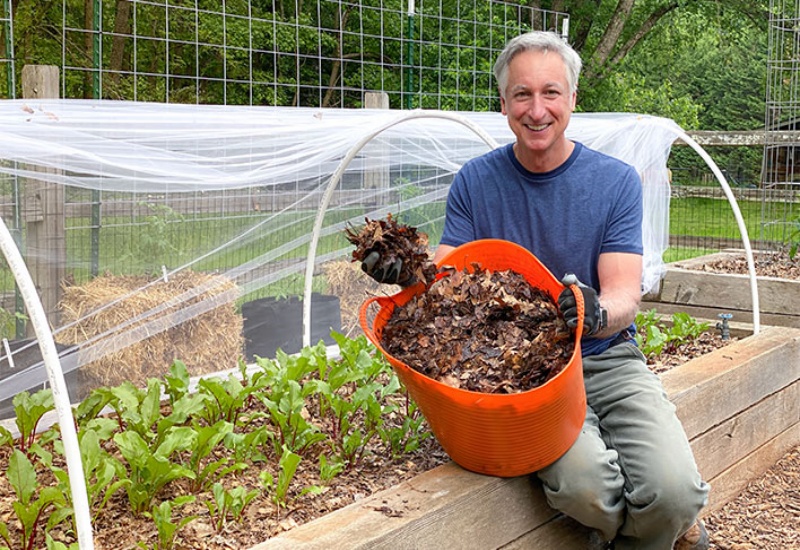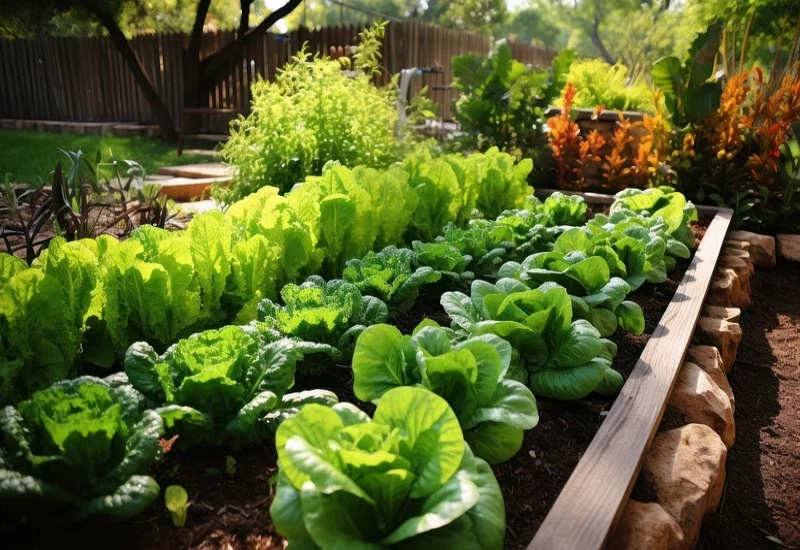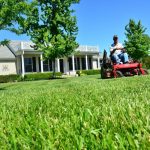1. Compost Bin: A compost bin is an invaluable addition to any organic garden. Composting allows you to recycle kitchen scraps, yard waste, and other organic materials into nutrient-rich compost that enriches your soil. Choose a compost bin with good aeration and easy access for turning the compost. Regularly adding compost to your garden boosts soil health, improves moisture retention, and promotes robust plant growth.
2. Organic Seeds and Plants: Starting with organic seeds and plants ensures that your garden remains free of synthetic chemicals from the very beginning. Look for certified organic seeds and seedlings that are non-GMO and untreated. These plants are bred to thrive in organic conditions and support biodiversity. Growing a variety of fruits, vegetables, and herbs from organic seeds helps create a resilient and productive garden.
3. Natural Pest Control: Managing pests without harmful chemicals is a cornerstone of organic gardening. Opt for natural pest control methods such as introducing beneficial insects, using insecticidal soaps, and applying neem oil. Beneficial insects like ladybugs and predatory mites help keep pest populations in check. Insecticidal soaps and neem oil effectively manage common garden pests while being safe for plants, pets, and the environment.

4. Mulch: Mulching is a vital practice in organic gardening that offers numerous benefits. Organic mulches such as straw, wood chips, and leaves help retain soil moisture, suppress weeds, and regulate soil temperature. As the mulch breaks down, it adds valuable organic matter to the soil, improving its structure and fertility. Apply a layer of mulch around your plants to create a healthier and more productive garden ecosystem.
5. Rain Barrel: Conserving water is essential for sustainable gardening. A rain barrel collects and stores rainwater from your roof, providing a free and eco-friendly source of irrigation for your garden. Using rainwater reduces your reliance on municipal water supplies and helps lower your water bill. Position the barrel under a downspout and use the collected water to nourish your plants during dry spells.
These essential items into your organic gardening routine will help you create a flourishing, environmentally friendly garden. By using compost, organic seeds, natural pest control, mulch, and rainwater, you can nurture healthy plants while contributing to the well-being of our planet. Happy gardening!



